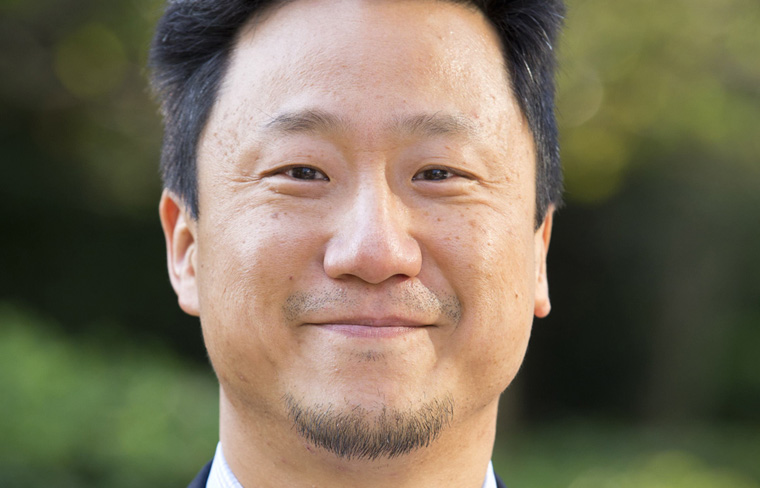
Each year at DDW®, the annual AGA Postgraduate Course provides a concise and comprehensive update on the latest medical, scientific and technological advances in gastroenterology from the previous 12 months. The course is tailored for attendees who may have limited time in San Diego.
“This course is going to be a reflection not just of what’s hot in gastroenterology, but a very practical two days,” said course co-director Joseph Ahn, MD, MS, MBA, AGAF, associate professor of medicine, division of gastroenterology and hepatology, and director of hepatology at the Oregon Health Sciences University, Portland. “We have asked our presenters to share not just what’s new in the literature, but how they practice gastroenterology. Their pearls are not just evidence-based but based on their years of experience.”
The two-day course begins on Saturday, May 18, and concludes on Sunday, May 19. Sessions are focused on a literature-based review of best practices in gastroenterology, but the format has been adjusted this year to encourage attendees to participate in discussions. For these “flipped” sessions, attendees are asked to bring journal articles on key advances to discuss with the expert moderators.
Also new this year are curbside consults — informal Q&A workshops in which difficult cases will be discussed and attendees will have an opportunity to meet and interact with key opinion leaders. There also will be a maintenance-of-certification component, audience response, built-in question time and more video sessions than in past postgraduate courses. Everything is geared toward the practical application of GI advances.
“We have asked every presenter to start off with a clinical question and end with an algorithm to answer it,” said course co-director Marcia Cruz, MD, PhD, AGAF, FASGE, professor of medicine and biochemistry at the University of Puerto Rico (UPR) and chair, division of cancer biology, at the UPR Comprehensive Cancer Center, San Juan. “We want them to bring every session back to the practical, ‘this is how I do it,’ based on the science and also the art of gastroenterology. There are not enough clinical trials to cover everything we do, but there’s enormous clinical experience that informs the art of medicine.”
Topics this year are as broad as the practice of gastroenterology, added course co-director David Katzka, MD, professor of medicine at the Mayo Clinic College of Medicine, Rochester, MN. One of the most important presentations will explore the facts and myths of the leaky gut.
“Leaky gut is such a buzz term right now and nobody really knows what it means,” Dr. Katzka said. “There has never before been a session on leaky gut at any DDW that I have seen. We’ll talk about small intestinal bacterial overgrowth syndrome, which remains a very controversial topic, and solid discussions of the microbiome, including practical updates of probiotics and prebiotics in real-world practice.”
The postgraduate course is a ticketed event and requires separate registration. Learn more and register at pgcourse.gastro.org/.
“If you want esoteric basic science — how molecule A functions in pathway B — you will find it at DDW,” Dr. Cruz said. “But if you want to understand how to be a better clinician with your patients, we have primed our presenters to look at the data and translate it into clinical practice. That focus on the practical is what makes the postgraduate course so different.”



